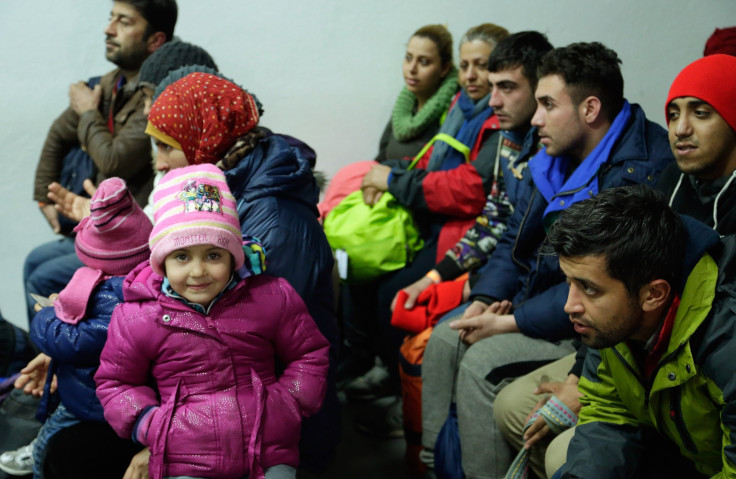Sweden, Denmark And Germany’s Nazi Problem: Policy For Refugees’ Valuables Compared To Hitler Era

While EU leaders have slammed a controversial policy adopted by Denmark Tuesday that approved the seizure of certain valuables and cash from newly arrived refugees, similar laws in Switzerland, Sweden and Germany have been all but ignored, local news sources reported. Critics compared the policies to practices undertaken in Nazi Germany during World War II.
“Does a rich country like Denmark really need to strip the very assets of these desperate asylum-seekers before providing them basic services?” asked Human Rights Watch Executive Director Kenneth Roth, Agence France-Presse reported.
The newly adopted policy in Denmark allows authorities to seize items worth more than 1,340 euros, or approximately $1,467. Border guards in some parts of Germany, where some 1 million refugees have sought asylum, could take any item worth more than 200 euros, or $219, the Local reported. Sweden and Switzerland have similar policies of either encouraging or forcing refugees to contribute to their care through the seizure of valuables.
German confiscation rules stricter than Denmark’s ‘despicable’ new refugee law. https://t.co/BtEeg25Wz8 pic.twitter.com/oipeNjmngZ
— The Local Germany (@TheLocalGermany) January 28, 2016Critics of the law compared it to how Nazi soldiers during World War II took jewelry, cash and even gold fillings from Jewish prisoners in concentration camps. Denmark defended the law by saying that authorities would not take jewelry or family heirlooms from asylum-seekers unless they were extremely valuable, and that the cost of caring for tens of thousands of refugees would be high.
More than 1 million asylum-seekers arrived in Europe in 2015, with thousands more continuing to surge across borders in January, mostly fleeing escalating conflicts in the Middle East and North Africa. The majority of new arrivals are not economic migrants but political refugees, whom the United Nations defines as someone who flees his or her country because of a “well-founded fear of being persecuted for reasons of race, religion, nationality, membership of a particular social group or political opinion.”
© Copyright IBTimes 2025. All rights reserved.






















